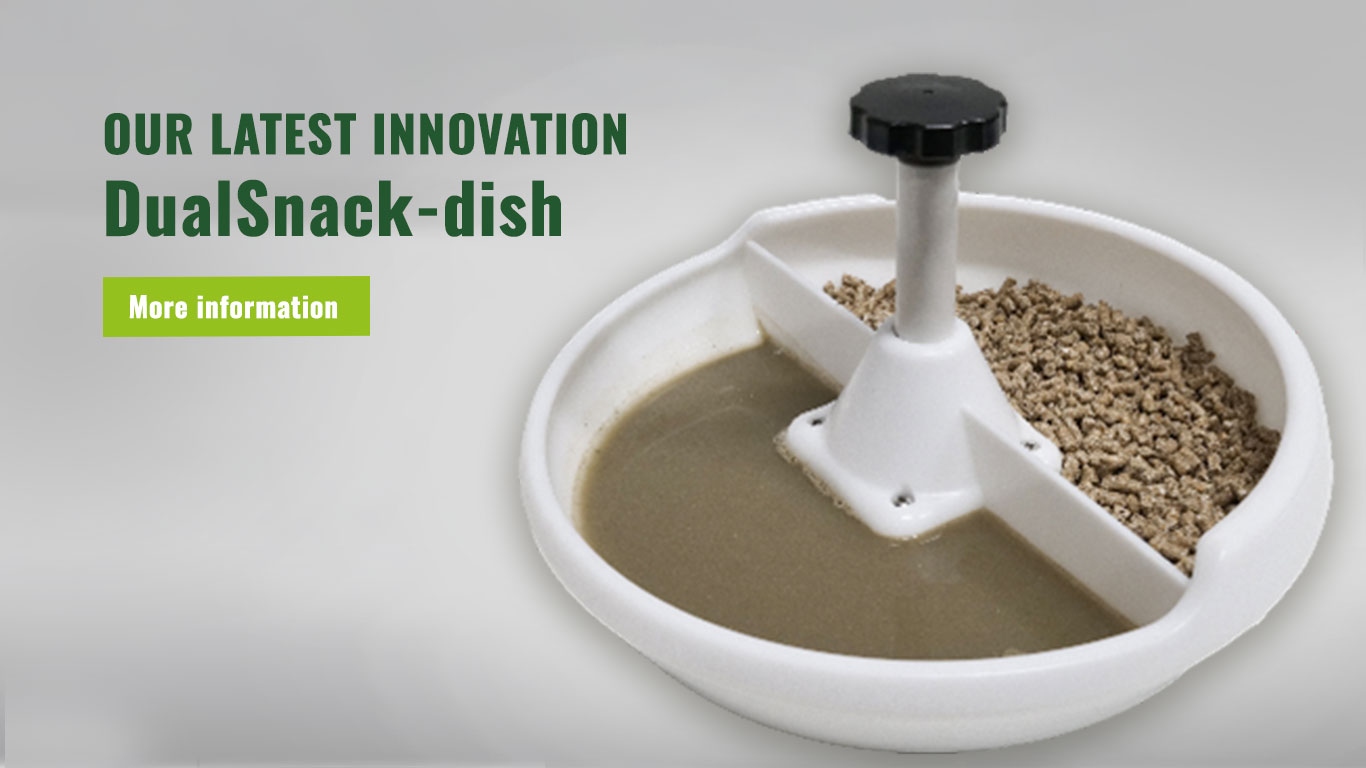Heat stress, a seasonal or a daily problem?

Every outside temperature, exceeding the thermo neutral zone of the sow (16 - 22°C), causes heat stress. The definition of heat stress is the shift of nutrients destined for the production of milk, meat or reproduction towards the conservation of a constant body temperature.
This shows the negative effect it has on the complete animal and its production. The physiological reactions of the animal on heat stress are among other things an accelerated breathing rate and an increased permeability of the small intestines. The humidity, the period in which heat stress occurs and its duration are just some points affecting reproduction. The economic repercussions are considerable.
Data show that the farrowing rate starts being negatively affected from an outdoor temperature of 19.2 ° C onwards. From a 21.7 ° C outside temperature there is a negative effect on the litter size and from a 22 ° C stable temperature, milk production, feed intake and weaning weight are under pressure. Important to know is that even in a mild climate, farrowing stable temperatures varies between 21 and 35 ° C.
Sows being inseminated between June and November (northern hemisphere) have a lower farrowing rate of up to 5 percent. 2019 was a perfect example of this. So, fertility comes not only under pressure on hot summer days. Cooling and ventilation rarely ensure that the required temperature for optimal performance is reached. This has consequences for the farrowing rate. An average farrowing rate in 2019 of 85%, with 60% of the farms scoring below 87% confirms this.
During heat stress, hormone changes in the animal accentuates the negative energy balance. Partial insulin resistance occurs and the body's own growth factor IGF-1 decreases as a result. Less available energy and IGF-1 lead to a reduced follicle growth and a lower farrowing rate.
Lianol compensates for this negative energy balance and increases the body's own growth factor IGF-1. This natural metabolite from a patented fermentation process offers a decisive solution. It supports the immune system and promotes the production of the body's own growth factor IGF-1. Lianol is therefore an excellent product to continuously optimize and support the condition management of the entire herd.

